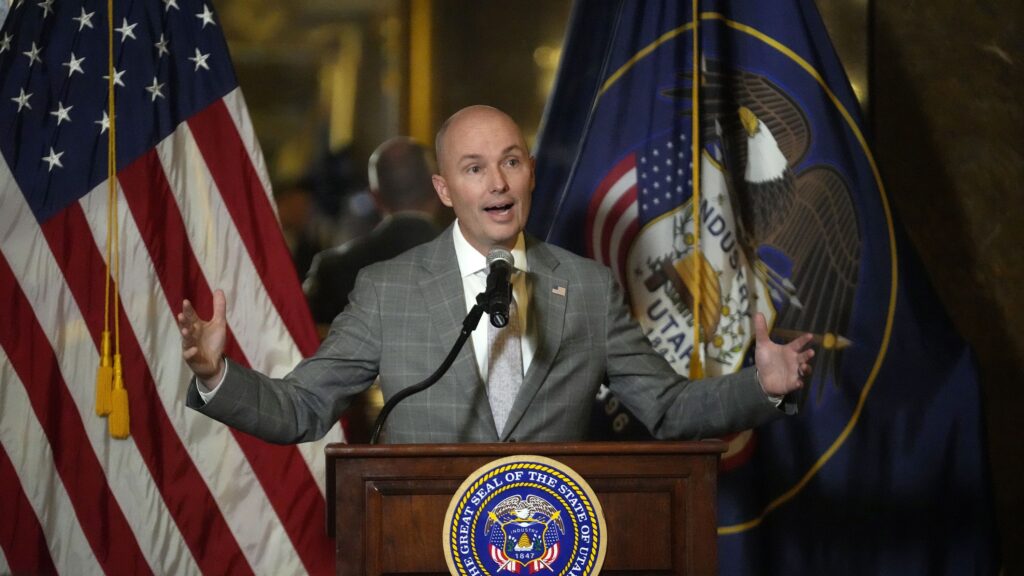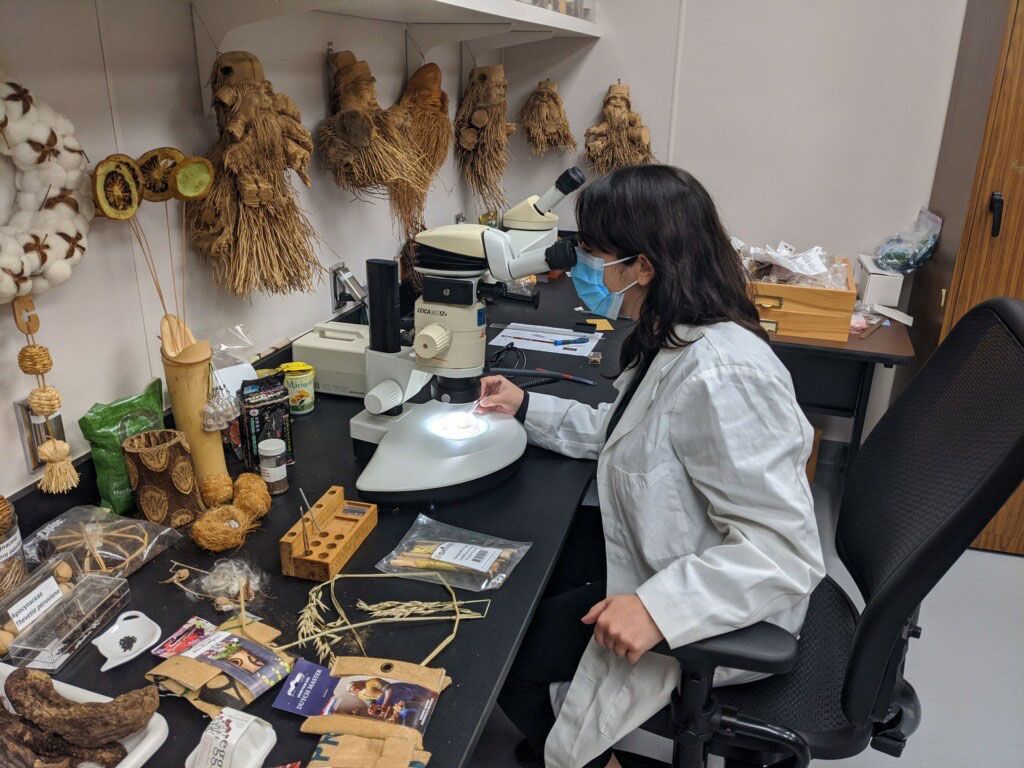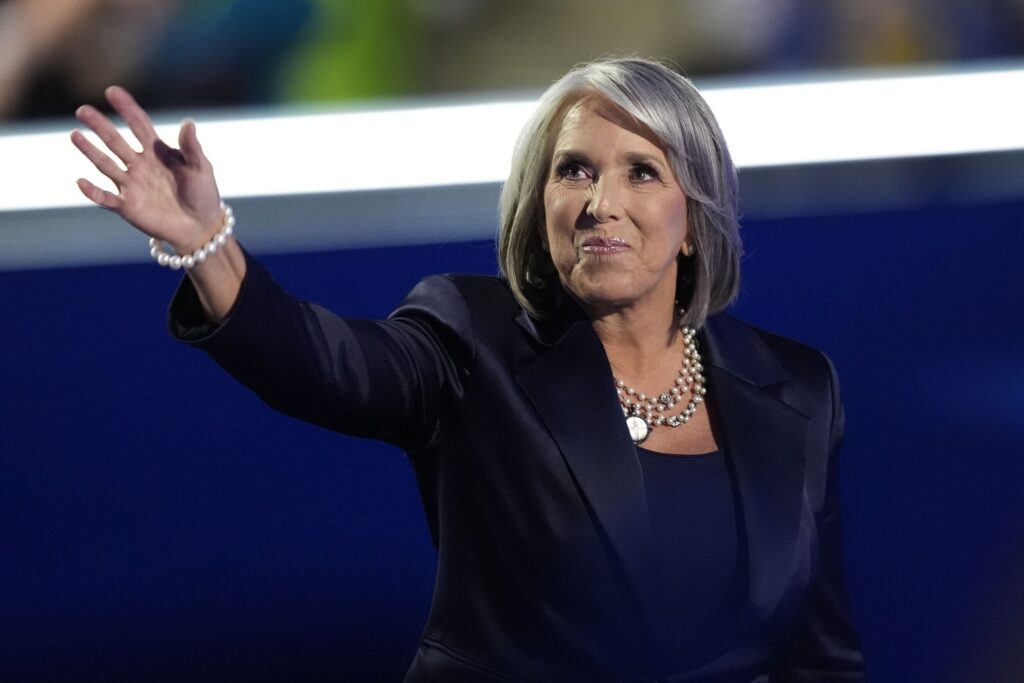Aurora council debates ARPA nonprofit grants

Last year the Aurora City Council approved using pandemic recovery funds to support nonprofits working in the city with grants – but when it came time to sign off on the projects, not all lawmakers were happy with who was getting money.
In January 2022, the city council approved allocating $2.5 million in American Rescue Plan Act (ARPA) funds for a nonprofit grant program. The city received roughly 50 applications seeking a total of $6 million. Staff recommended 23 of the applicants receive grants.
Veteran memorial in Aurora planning for new visitor and education center
The votes to approve the grant agreements were delayed late last year after a couple councilmembers raised concerns about some of the recipient organizations and how diligently they were vetted.
On Monday, the grant agreements were back up for approval as part of the city council’s consent agenda – a batch of items that are voted on as a group rather than separately. Nearly half were removed from consent and rejected.
A divided council on Monday did not approve eight of the agreements, postponed approving one, and agreed to award another organization roughly half of its request.
Four of the agreements were not granted because none of the councilmembers made a motion to approve them or a motion lacked a second. Two approvals failed because of tie votes. Two failed in votes that fell along partisan lines, with the conservative council majority voting them down. Councilmember Danielle Jurinsky was absent.
The debate
Councilmember Francoise Bergan requested to take nine of the ARPA grant agreements off consent calendar for separate consideration. Councilmember Alison Coombs asked to remove one agreement from the consent calendar, which council agreed to push to a later meeting.
Bergan reviewed each applicant’s operating budget and walked away with “major concerns,” she said. She pulled the nine organizations for a variety of reasons, she said, such as nonprofits planning to use 50% or more of the funds on staff salaries instead of programming, or because they were based in Denver.
One organization intended to use the grant for a bathroom remodel in a home rented from the applicant’s mother, Bergan said, not naming the nonprofit.
Councilmember Juan Marcano and Coombs pressed Bergan to explain her specific concerns for each applicant in question, rather than keeping comments to “general and sweeping” explanations. Bergan resisted, saying “it could be a little bit embarrassing to those organizations. I would rather have a private discussion with them.” She also stressed that if council did not approve the agreements on Monday, the organizations could seek ARPA grants again and that the city has until 2026 to use the money.
Marcano also pushed for council to postpone voting on the nine grant agreements because not all of the nonprofits had representatives at the meeting who could respond to councilmembers’ questions.
Representatives are not required to attend, city staff said in response to questions from Mayor Pro Tem Curtis Gardner. He opposed postponing the decisions because he said it is the responsibility of the organizations to know when they have an item on the agenda and to attend the meeting.
“You don’t need a handwritten invitation on fancy letterhead,” he said.
Gardner and Councilmember Angela Lawson also scrutinized organizations for planning to predominantly use funds for staffing, not programming.
Lawson understands that nonprofits need personnel to provide services, she said, but several of the organizations in question had not yet set up the programming they planned to use the grants for, she said. She wanted to understand more concretely how the funds would be used to help the community, she said.
The debate about funding programming versus staffing left Coombs confused, she said. For many nonprofits, people are the programming, she said.
Councilmember Crystal Murillo, who works in nonprofits, said using grants to support staffing needs is commonplace. If councilmembers did not want grants to go toward any uses in particular, that should have been articulated to organizations at the begging on the application process, she said.
“It feels kind of at the 11th hour at this point,” she said.
A compromise
A single organization – the East Colfax Community Collective – consumed much of Monday’s debate, as it did have staff present to answer questions and several Aurora residents who turned out in its support.
The organization, also called EC3, is an advocacy organization that works to prevent displacement in at-risk communities and has assisted residents in neighborhoods near East Colfax received more than $3.2 million in rental and mortgage assistance, according to its website.
A 21-year-old refugee from Thailand who works for EC3 spoke about the pressures of supporting her family amid rising costs of living. The collective goes above and beyond to aid immigrant, refugee and low-income residents, she said, and believes strongly in helping people who speak English as a second language.
“I speak seven languages, English being one of them, but I am still needing help,” she said.
One Aurora small business owner spoke about EC3 helping him secure grants and a liquor license to stay afloat, while another recounted the collective helping her reopen her restaurant and apply for rental assistance after the pandemic shuttered her business. EC3 also assists people in finding work, she said.
The nonprofit’s organizing director Nadeen Ibrahim told council the organization employs nine people and that the executive director’s salary is $87,000. The organization hoped to expand its staffing base through the ARPA grants to work with more people in Aurora, she said.
The nonprofits prides itself in helping people access local resources and social supports, she said, and is committed to working in Aurora.
Bergan criticized the collective’s operating budget as “very elementary” for an organization its size, pointed out it is based in Denver, said it duplicates services already in Aurora and took issue with its activism.
“I think they maybe are more political in nature,” she said.
New History Colorado series aims to educate on Black history, foster conversations
Last year, the collective appealed a townhome development approved close to the border of Denver and Aurora and near East Colfax Avenue. In the process the organization’s leadership and supporters raised concerns of gentrification, and a lack of affordable housing and livable wages in the area.
During the hearing, Gardner had criticized Denver-based activist groups for organizing people in opposition to the development, saying constituents were misled by activists, and for previously advocating for rent control.
Bergan ultimately offered a compromise – approving a grant agreement for $150,000 instead of the $314,000 the EC3 requested. Gardner called it a fair compromise, saying he knows “there is some good that this organization does” but that he also has concerns with its activities. Most of its services are county functions, he said, typically provided by health and human services.
Council unanimously approved the $150,000, although at least two progressive councilmembers said they’d preferred awarding the full amount.
Ibrahim told the Denver Gazette following the vote that she was encouraged to see a change of heart among councilmembers. She had expected most to vote no, and Bergan originally opposed awarding EC3 the ARPA funds.
The organization is dedicated to working in Aurora and planned to fund resources such as a business and community organizer or a part-time community navigator to help people access resources, she said.
“We’ll just take that as a challenge to prove ourselves,” she said.














